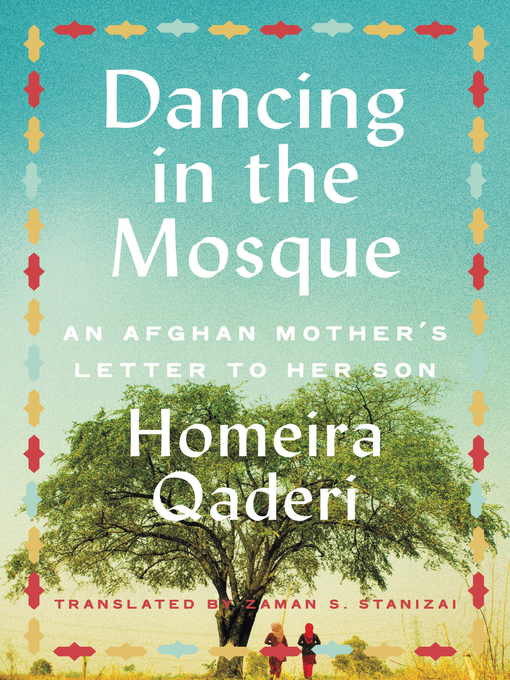
Dancing in the Mosque
An Afghan Mother's Letter to Her Son
کتاب های مرتبط
- اطلاعات
- نقد و بررسی
- دیدگاه کاربران
نقد و بررسی

July 1, 2020
In Taliban-bound Afghanistan, Qaderi risked her freedom to teach children and fight for women's rights. But as she was planning to attend the International Writing Program at the University of Iowa in 2015, her husband divorced her, forcing her to leave without her son. With a 50,000-copy first printing.
Copyright 2020 Library Journal, LLC Used with permission.

Starred review from October 1, 2020
A powerful narrative of a life marked by courage and despair. In a riveting memoir, Qaderi recounts her life story for the son she left behind in Afghanistan. When she refused to accept her husband's taking a second wife, he divorced her, taking away their 19-month-old child. "Every day I regret my decision to leave you," she writes in a moving testimony to her love. The author was a young girl during the brutal Russian occupation of Afghanistan; two years after the Russians left in 1989, the Taliban rose to power. Suddenly streets were filled with "young men with beards and long hair and kohl eyeliner...tall and thin as if they had been starved for years." They instituted Sharia law, closed girls schools, and forbade reading; those who disobeyed were publicly whipped or worse. Describing herself as a troublemaker, Qaderi rebelled, daring to home-school girls when she was 13 and soon secretly teaching girls, boys, and even two young members of the Taliban within a mosque. It was there that one of her students taught her to dance--at the risk of all their lives. Boldly, Qaderi managed to set up a writing class under the guise of learning needlework. Merely being female made her physically vulnerable. She was twice sexually harassed, once by a lewd religious leader. Taliban men often forced young girls to marry them, a fate she feared. At the age of 17, her family considered her lucky to marry a local man, and she was taken to live with his family in Tehran. There, women's freedom amazed her. "In Iran," she writes, "a good woman could be an independent and educated woman." Married for 15 years to a husband she grew to love, and who supported her accomplishments, she was shocked when, after they returned to Kabul, he announced that he would take another wife--an act she could not abide. An unvarnished, memorable portrayal of a mother's grief and love.
COPYRIGHT(2020) Kirkus Reviews, ALL RIGHTS RESERVED.

























دیدگاه کاربران